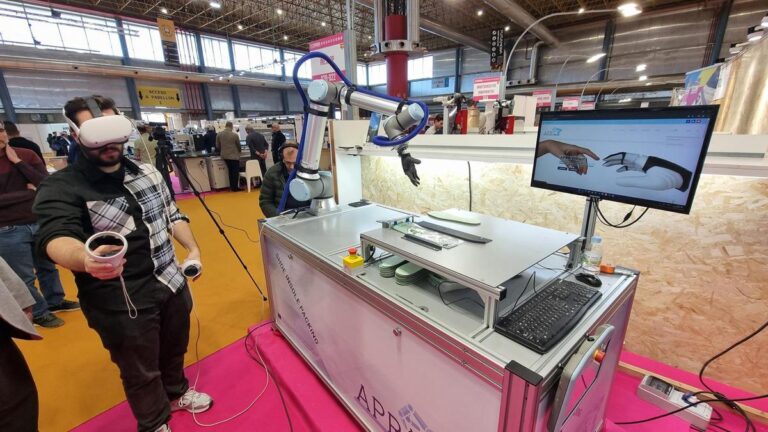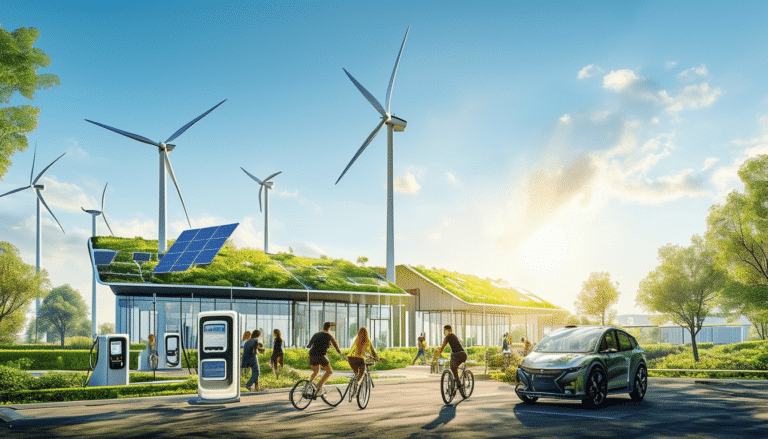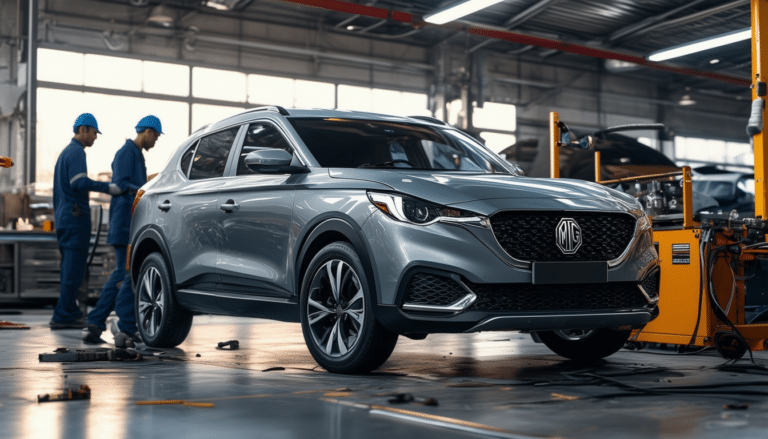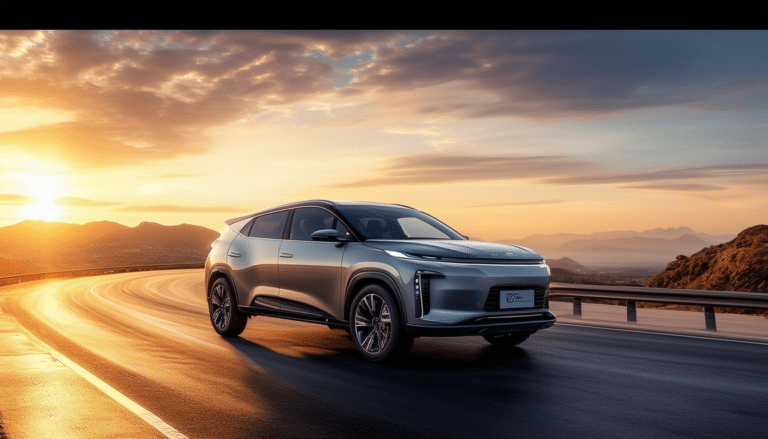The future of cars and fuel savings
Currently, the future of automobiles is inexorably linked to the search for effective and sustainable fuel savings. As technology advances, new innovations emerge that promise to transform the automotive industry, offering cleaner and more efficient alternatives. The growing concern for climate change and environmental impact has led vehicle manufacturers to develop solutions that optimize energy performance, incorporating electric vehicles, hybrids, and the use of biofuels. This context seeks not only to improve consumption efficiency but also to promote a culture of responsible and sustainable mobility.
In a world where sustainability and energy efficiency are increasingly relevant, the future of automobiles focuses on innovations that promise to transform the landscape of fuel savings. From the development of advanced technologies to the promotion of clean alternatives, the automotive industry faces the challenge of adapting to the environmental and economic needs of the present and the future. This article explores emerging trends, technological innovations, and the impact of the collaborative economy on fuel savings.
Emerging trends in the automotive industry
The automotive industry is undergoing a significant transformation driven by consumer demand and concerns about climate change. The transition to electric and hybrid vehicles is in full swing, with sales of pure electric and plug-in hybrid cars increasing significantly in the past year. These vehicles not only promise lower energy consumption but also contribute to less air pollution.
The impact of electric vehicles
Electric vehicles (EVs) are one of the fundamental pillars in the fight to reduce fossil fuel consumption. The implementation of efficient charging technologies and the development of public charging infrastructure are facilitating their adoption. Additionally, production costs for electric vehicles are expected to decrease, making them more accessible to a larger number of consumers.
Savings through hybrid vehicles
Hybrid vehicles, which combine internal combustion engines with electric energy, offer an intermediate solution. These models can operate on gasoline and electricity, allowing for significant savings compared to conventional cars. For example, a hybrid can alternate between both systems depending on driving conditions, optimizing fuel consumption.
Technological innovations
The future of fuel savings also lies in the innovations emerging in automotive technology. Artificial intelligence has begun to play a crucial role, as it allows for route optimization and analysis of driving patterns. Additionally, the implementation of advanced driver assistance systems helps maximize fuel efficiency by promoting a more responsible driving style.
Biofuels and alternative fuels
Another important aspect in this context is biofuels. Derived from organic sources like corn or sugar cane, they offer an alternative to fossil fuels and contribute to a reduced dependence on them. However, their production must also be sustainable to avoid negative impacts on the agricultural economy and food prices. The exploration of alternative fuels presents a promising avenue for the future.
The collaborative economy and fuel consumption
The collaborative economy has proven to be a significant factor in reducing fuel consumption. Carpooling platforms and vehicle rental services allow multiple users to share the same trip, which not only saves money but also reduces the number of cars on the road, decreasing congestion and overall fuel consumption. Looking to the future, this trend will present itself as a viable solution to the growing problems of traffic and pollution.
The role of the community
Community interaction is essential to promote more sustainable mobility practices. Participation in fuel-saving initiatives, such as awareness campaigns on efficient driving, can significantly impact the reduction of energy expenditure from vehicles. Such a collaborative approach will not only benefit individuals but also drive a cultural shift towards a more sustainable lifestyle.
Maintenance and fuel efficiency
Proper maintenance of vehicles is a crucial aspect to maximize fuel efficiency. Practicing the best maintenance strategies will not only prolong the car’s lifespan but also yield long-term economic benefits by reducing fuel consumption. Keeping tires properly inflated, checking air filters, and conducting regular maintenance are key actions.
Conclusion
The future of fuel savings in the automotive industry is full of opportunities and challenges as we move towards a more sustainable and efficient mobility model. Combining technological innovations, fuel alternatives, and a shift in collective behavior will be essential to achieving a lasting impact on our relationship with transportation and energy consumption.
The automotive sector is in constant evolution, and with the rise of technology, the future of automobiles appears to be an era marked by energy efficiency and fuel savings. Advances in technological innovation, such as electric and hybrid vehicles, are revolutionizing the way we conceive mobility. These transport options are not only more environmentally friendly but also promise a notable reduction in the consumption of traditional fuels, helping to mitigate dependence on non-renewable resources.
Currently, the development of biofuels and alternative energies, such as hydrogen, offers a path towards more sustainable mobility. Although we still face challenges related to production and infrastructure, the potential of these technologies is immense. Government policies and commitments from automotive companies to reduce their carbon footprint are beginning to bear fruit. The global commitment to sustainability drives the demand for clean transport solutions aimed at minimizing environmental impact.
The collaborative economy also stands as an essential component in this transformation. Carpooling platforms and shared transportation options not only enhance urban mobility but contribute to reducing the number of vehicles on the roads, resulting in less fuel consumption and less congestion. The future of transportation will not be solely about individual vehicles but also about how we interact and share resources.
Moreover, the integration of artificial intelligence and advanced navigation systems will allow for route optimization and more efficient fuel use, while proper maintenance of cars will be crucial to maximize their performance. Thus, the combination of technology, legislation, and habit changes could lead us into an era where fuel savings are not only possible but become the norm in the automotive industry.





